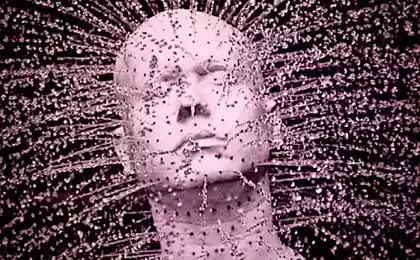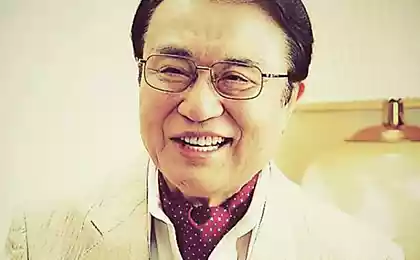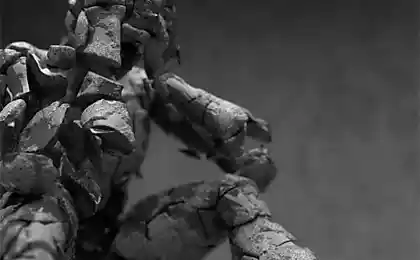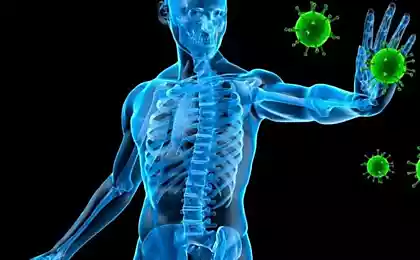1197
Let us often say the magic words

Since childhood, parents have taught us "magic" words. This "thank you" and "please", the use of these words suggests a good upbringing. The word "thank you", we express our gratitude to the word "please" we use, together with a request for something. Rarely who uses these words for another purpose, and because their use can actually be compared to magic.
The word "thank you" positively perceived by man, it carries a positive charge. If I say "thank you", then thank me, so I'm good, and it changes my attitude to the person from whom I hear it.
So how else can you use these "magic" combination of letters? For example, at a meeting of the chief of a small spelling "propesochil" before your colleagues. Our reaction, as a rule - it is silence or feeble attempts to somehow defend themselves, thus leaving anger and spoiled the mood. And if you say a phrase, looking straight into the eyes of the chief, "Thank you very much for objective criticism, I'm sure I will consider the comments to eliminate all shortcomings, thank you"? What will the reaction of all present? Try it, you will see the magical effect.
In the family, for example, mother-in-law in-law says, "You, my son, couch potato, nail hammer can not," and you reply, "Thanks, Mom, you're absolutely right, but right now I work with came weary, and hammer in nails do not have neither the strength nor the desire ».
You can answer and taunts in his address. "You have this haircut is not a person!" - "Thank you noticed my new haircut, but your opinion does not coincide with the views of others." "You can not handle this task, it is difficult" - "Thank you so worried about me, I will make every effort for its implementation».
If you do not know how to say "No", say instead, "Thank you." Example: you are on a diet and can not upotreblint chocolate, while others insisted it offers you, the answer is simple: "Thank you, I will take if I want" - and when you want to, nobody knows. If you are asked to do something that is not included in your plans, say, "Thank you for your trust, I will not work, I'll be busy».
Why are these words so we have to act? It's all in our perception and stereotypical thinking. From childhood, we are accustomed to, that those words underline the good attitude, thank. This kind of payment for a good deed. Initially, the child's behavior is sent to the track "Be Well done, execute the request of parents, greet, help seniors, and you will receive a thank you for it." That is proof that you are a "good" you "well done».
Our brain is an associative chain: a good deed - thanks - I'm good - comfort. Incomplete or replacement chain links lead to psychological discomfort. We did something good, but we have not thanked - unpleasant. We did something bad and we thanked - also unpleasant. That's the secret! Undeserved payment (thanks) also causes psychological discomfort, because the chain link "I am good" is not true.
Thanks for not good deeds a person indicates his mistake, and while he remained mannered, cultured man. On the "thank you" rarely able to answer rudeness and boorishness, and if they respond, then get back again, "Thank you, you're so kind." And everyone remains at, snapper with his answer, and you with her.
If we often will talk to each other "thank you", the world will be a little kinder and better. Thank you for taking the minute attention to this article. Maybe it will make about something to think about. Thanks!
A source
























